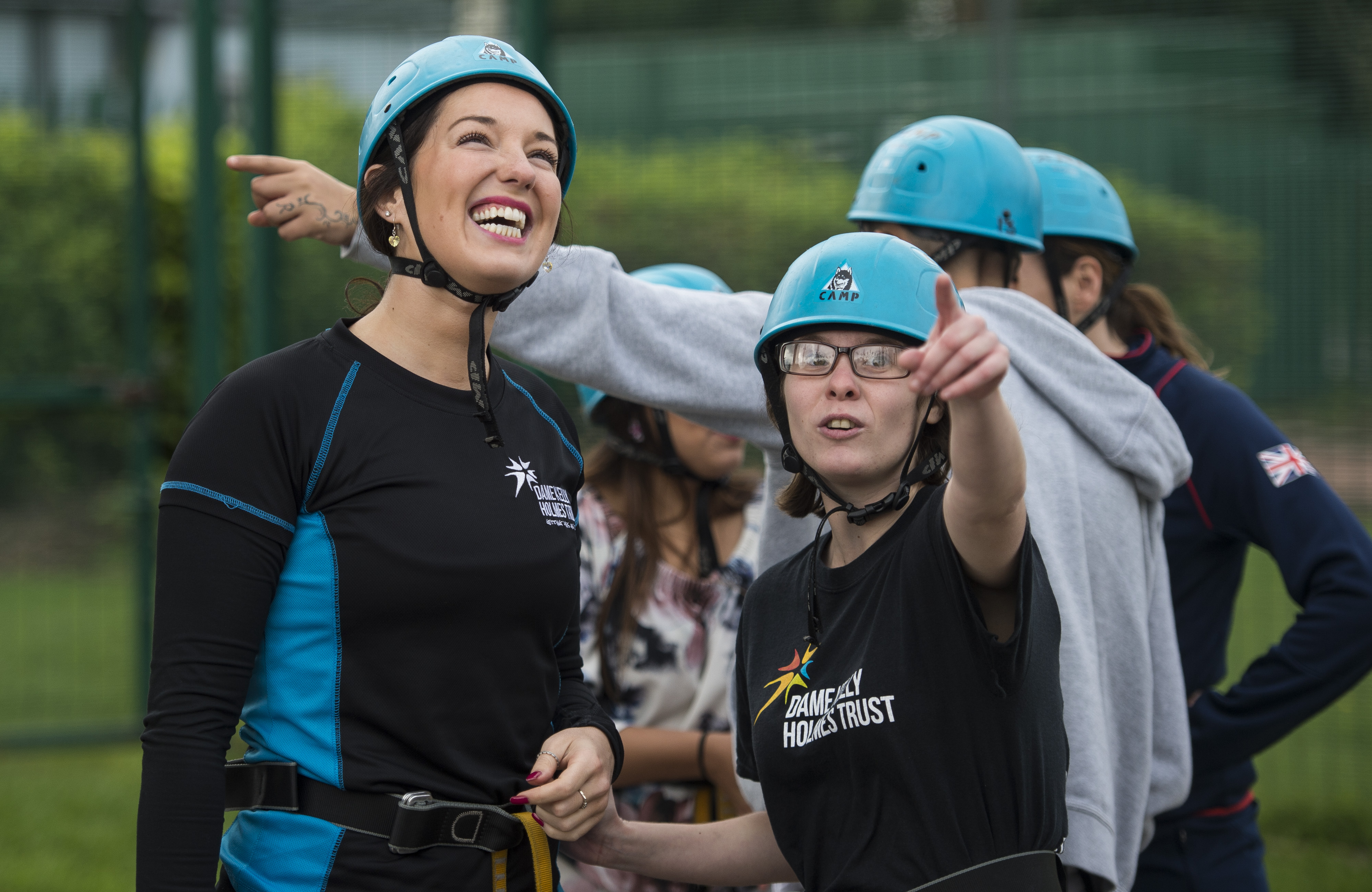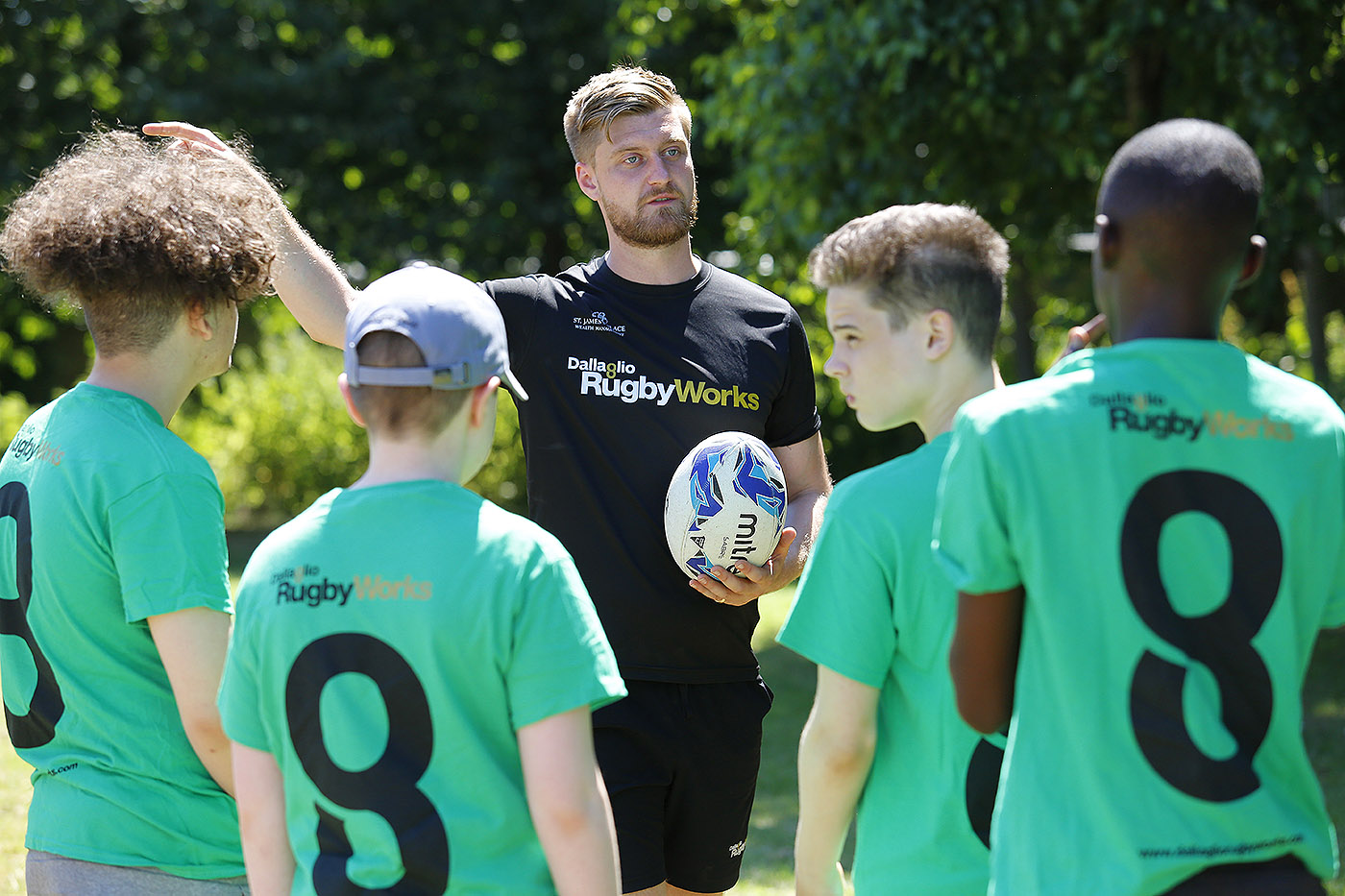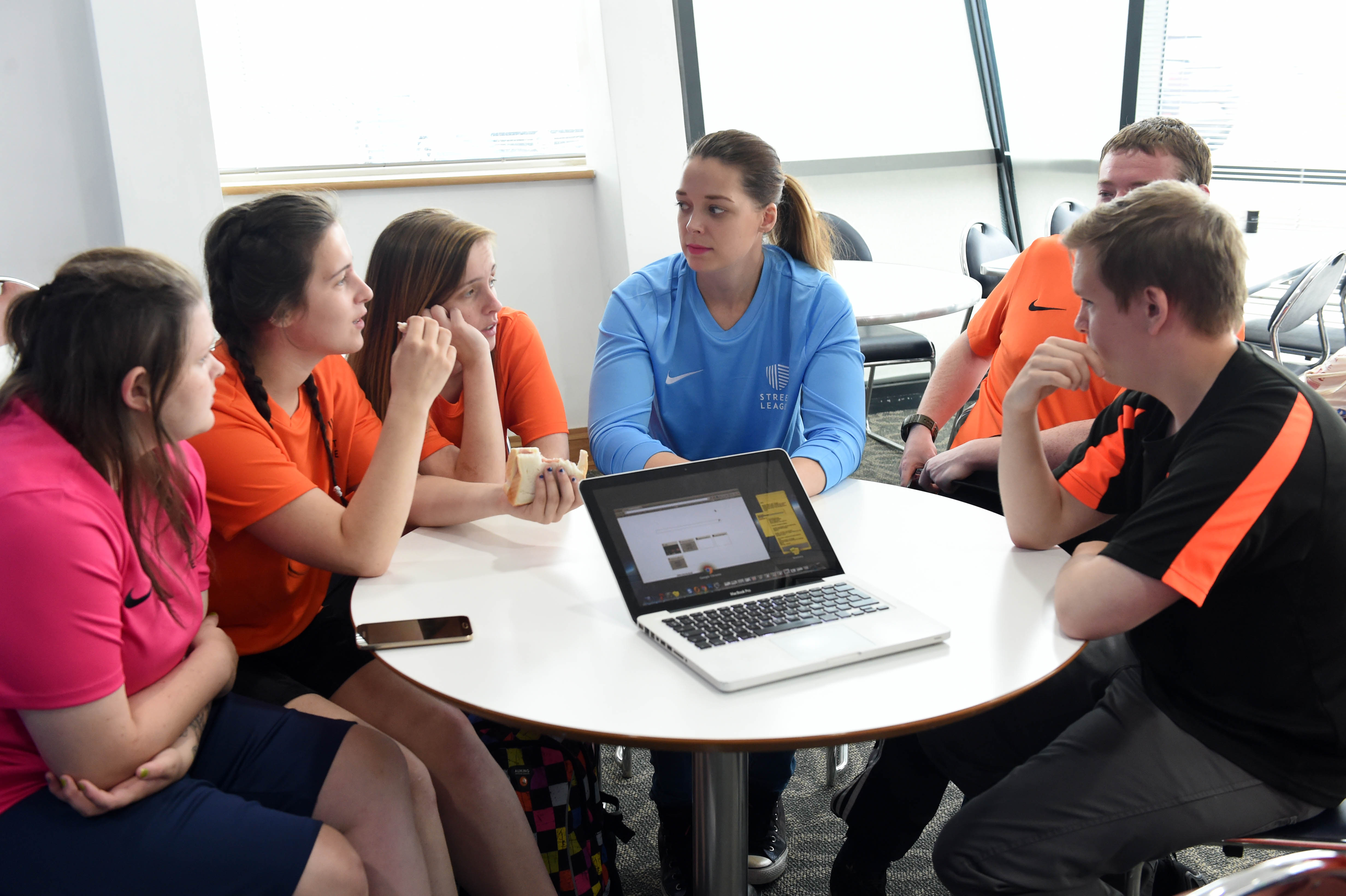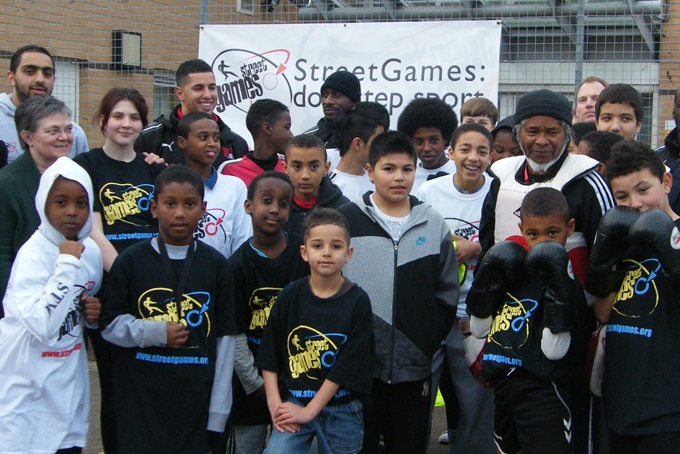Organisers of the UK’s biggest mass-participation sports events recently came together to create the 2.6 Challenge to raise funds for charities which are under threat because of the Coronavirus pandemic. ConnectSport spoke to two senior executives from Sport for Development Coalition charities – Lindsey MacDonald, Managing Director of Street League and Ben Hilton, CEO of Dame Kelly Holmes Trust – to find out why it is so important to support the sector right now.
There have been some fantastic fundraising ideas during the 2.6 Challenge, but there's a serious point behind it. Can you explain why the campaign is needed now?
Lindsey: The Coronavirus pandemic has had a devastating effect on charities, with the cancellation of thousands of events and the loss of billions in fundraising income. Street League’s sport and employability programme has become even more critical – Coronavirus is leaving thousands of young people out of work needing support and reassurance. The 2.6 Challenge is a fun way for the public to get involved, from their homes, and raise vital funds for Street League and many charities across the UK who have been left struggling to maintain their services.
Ben: For Dame Kelly Holmes Trust, we are already forecasting that we are going to be at least 25% down on our forecasted income, and worryingly, this is heavily weighted to our unrestricted income. Unrestricted income allows the charity to cover its core costs and test models of delivery to ensure we can have the greatest impact we can for the young people we support. These funding streams generally come in through fundraising events and people doing activities or challenges on behalf of the charity, which is obviously significantly impacted by the current restrictions. The 2.6 Challenge has done a great job of highlighting the need but the gap in income across the sector is huge.

What kind of support do your charities provide for young people?
Ben: Vulnerable young people are facing many unique challenges because of the lockdown and are at risk of 'falling through the cracks'. Already precarious lives are disrupted, leading to negative mental health and wellbeing, increased feelings of isolation and a lack of structure and purpose to daily life. We have adapted our delivery model to enable our athlete mentors to continue to deliver our transformational programmes remotely to support our young people who need us more than ever during this time. Our programmes provide a role model and a safe space for our young people to build core attributes such as their confidence, self-esteem and resilience, encouraging them to build stronger support networks whilst improving their own aspirations for the future. The leadership of our athlete mentors focuses on building these core attributes and provides young people with a sense of purpose and value. Many of the young people we work with lack appropriate peer or family support, particularly those who have been homeless or lived within the care system. For young people lacking positive role models, the mentoring provided by our elite athletes is a critical part of the support we offer and key to assisting with mental wellbeing during this challenging time.
Lindsey: Street League gives young people a stepping stone out of poverty and into future employment. Our academies across England and Scotland work with young people aged 14 to 30, living in the UK’s most disadvantaged communities, to help them overcome their practical and personal barriers to employment. Sport is at the heart of our programmes – developing the life and work-place skills, self-worth and sense of belonging needed to thrive. The current lockdown will hit young workers the hardest. Street League want to continue being at the frontline: bringing young people together, helping them improve their health and wellbeing and increase their skills.

When we scale up your work across all of the charities involved in the Sport for Development Coalition (SFDC), this is a national movement that we are talking about, isn't it?
Lindsey: Without a doubt, and it’s wonderful that in the UK we are taking these steps forward to co-ordinate and work together. That’s something that has happened in other parts of the world for several years where sport is contributing to global poverty targets, efforts to address gender inequality and other key themes set out in the Sustainable Development Goals. We have the opportunity to look at those efforts and networks and understand what works and how we can grow the movement and amplify individual organisations’ work. At Street League, we often describe sport as being the ‘glue’ that brings young people onto our programmes and helps bind them, our staff and even employers together to achieve positive impact. I believe that’s what the SFDC can do as well – bring together organisations, policy-makers, funders, and a wider audience to understand the role and positive impact that you can have through sport and physical activity.
Ben: Absolutely, and what has been great to see over the last few weeks is the innovation and adaptability of so many SFDC organisations across the UK who continue to support their beneficiaries during this time. To me, this amplifies that the support these organisations provide goes far beyond sport and physical activity. Improved mental wellbeing, a sense of purpose, stronger social connections and positive role models are but a few reasons why young people continue to engage in services through digital means when 'sport' isn’t the main reason for attending. I hope that when the restrictions are relaxed, everyone will have a greater understanding as to how important sport and physical activity is in their day-to-day lives and start to understand it’s value in addressing societal issues.

Why do both of your charities support the SFDC?
Ben: Sport for Development is massively undervalued in terms of the impact it has on society. From health, justice, employment and community cohesion, sport is often the catalyst for change, yet it receives less funding and recognition than representative government departments. My hope for the SFDC is that we can collectively promote and share the impact sport and physical activity can have on addressing societal issues which will widen awareness as to how pivotal these services are. In turn we hope this will unlock funding from Government, to allow us to scale up the services this sector can provide.
Lindsey: We are committed to, and believe in the role that sport plays in helping us achieve social outcomes – helping young people move into sustainable jobs. Demonstrating and proving that at scale is a challenge for any organisation on its own. We value the opportunity to work with other, like-minded, organisations that understand sport doesn’t intrinsically result in positive change – purposeful and measurable programmes, activities and delivery methods do.

What is the SFDC's purpose, especially when it comes to helping to sustain the movement and supporting the invaluable services that your organisations provide to young people in need?
Lindsey: Sport has claimed a lot of credit in the past and had little to back up those claims. The SFDC brings us an opportunity to change that and create that evidence base and case for investment. Ultimately, we can achieve a lot more for society through sport if we work together and we are honest about its potential. This couldn’t be more important than it is currently as we cope with, and hopefully emerge from the Coronavirus crisis.
Ben: For me, the purpose is advocating on behalf of the sector, sharing best practice, building a common case for support (backed by impact data), supporting the sector to be ‘investment ready’ and amplifying our purpose across Whitehall to unlock additional funding for the sector. I truly believe that over the last two years there has been real change in terms of collaboration and recognition that has been mobilised by the SFDC. We need to ensure this continues and is spread to all those organisations who intentionally use sport and/or physical activity to generate positive social outcomes.
The Sport for Development Coalition recently published its first Charter. To read the Charter and join the Movement, visit sportfordevelopmentcoalition.org.
Pic credits: Street League, Dame Kelly Holmes Trust, Dallaglio RugbyWorks, StreetGames.












